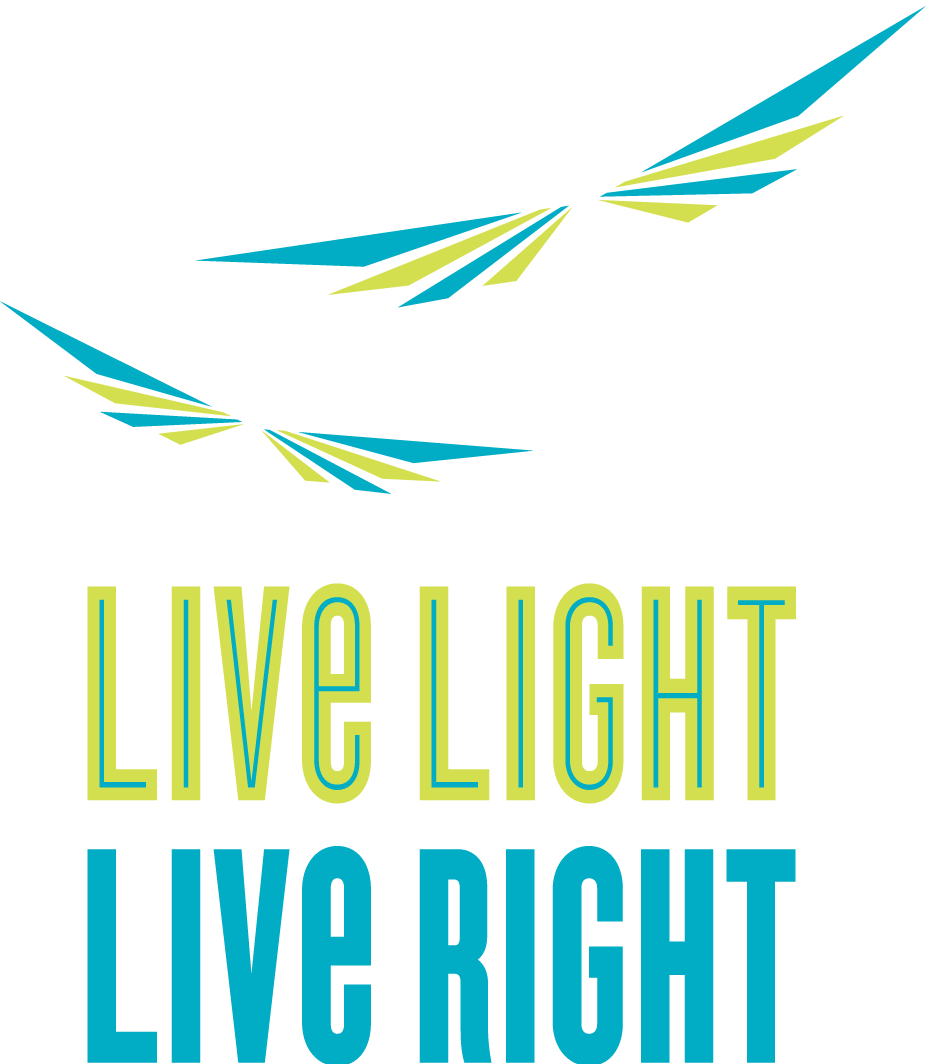When we hear the word “fat” in regards to food, we may automatically think that it is bad or harmful to our health. After all, why do so many people talk about low-fat diets or reduced fat options? However, not all fat is bad! In fact, your body needs fat to keep going and carry out your daily activities. This article will briefly discuss the different types of fat found in food and help you pick out the kinds of fat to consume.
The “bad” kinds of fats are trans fat and saturated fat. These increase the risk of developing heart disease, stroke, and type 2 diabetes. Trans fat is usually found in highly processed foods, margarine, and certain types of fried foods. Although the U.S has banned artificial trans fat, they can still be found in some products due to ban exemptions. Saturated fat is usually found in fatty cuts of beef, pork, and lamb, high fat dairy foods (whole milk, butter, sour cream, ice cream), lard, baked goods, and processed meat. Between the two, trans fat is the more harmful one, so it is generally recommended that trans fat is to be avoided while saturated fat is consumed very sparingly.
However, as mentioned, there are “good” kinds of fat as well. These are unsaturated fats, which are often found in vegetable oils, nuts, seeds, fish, and avocados. If you see the words “monounsaturated” or “polyunsaturated” on food labels and nutrition facts, these are okay! In fact, Harvard Medical School recommends that 15 to 20% of daily calories are from monounsaturated fat. Of course, everything should be consumed in moderation. Just because unsaturated fats are healthy does not mean they should be excessively consumed.
For more information about healthy eating, come join Chef Nico every Saturday at 12pm on Google Meet for cooking demo classes. If you can’t make it or missed a session, no worries! You can check out the recorded demos on our YouTube channel.


